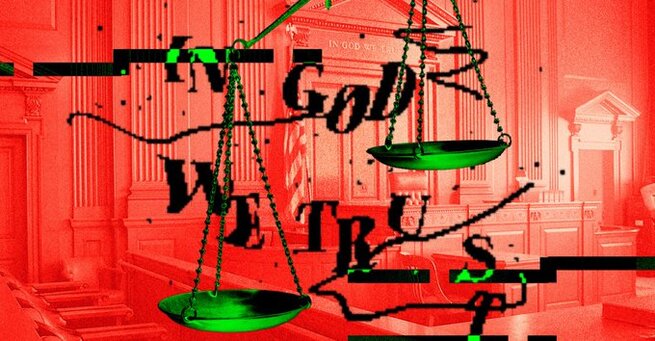
US Judge Withdraws Ruling After AI-Generated Legal Errors Discovered
Legal professionals and AI enthusiasts alike are taking notice after a US district court judge retracted a ruling that included apparent AI-generated legal errors. The now-withdrawn opinion featured made-up quotes and inaccurate references to prior cases—mistakes that closely resemble AI hallucinations. Although the court hasn’t confirmed AI was used, the pattern of errors strongly mirrors growing concerns about the risks of relying on generative AI tools in the legal system.
Signs of AI-Generated Legal Errors Spark Concern in the Judiciary
The withdrawn decision, related to a securities lawsuit involving CorMedix, caught attention after lawyer Andrew Lichtman flagged a string of citation problems in Judge Julien Xavier Neals’ ruling. These included incorrect outcomes from three unrelated cases and fabricated quotes misattributed to legitimate rulings. While minor edits in court rulings are not unusual, major retractions like this are rare and raise questions about how such critical mistakes were introduced—especially at a time when legal professionals are experimenting with AI for drafting and research.
Other AI Mistakes Highlight Broader Legal Risks
This is far from the first instance of AI-generated legal errors affecting real-world court decisions. Earlier in July, lawyers representing MyPillow founder Mike Lindell were fined for using fake citations produced by an AI chatbot. Similarly, AI startup Anthropic faced scrutiny when its Claude AI hallucinated citations in a lawsuit involving music publishers. These high-profile incidents underscore the dangers of unverified AI usage in legal settings, where accuracy and integrity are paramount.
What This Means for the Future of AI in Law
Despite the promise of AI tools like ChatGPT and Claude for streamlining legal research, the recent wave of AI-generated legal errors has prompted caution among judges and lawyers alike. The judiciary is beginning to recognize the potential for these tools to mislead if used without proper human oversight. This incident should serve as a wake-up call for courts, firms, and tech developers: AI is a powerful assistant—but not yet a substitute for legal expertise, critical thinking, and factual accuracy.
𝗦𝗲𝗺𝗮𝘀𝗼𝗰𝗶𝗮𝗹 𝗶𝘀 𝘄𝗵𝗲𝗿𝗲 𝗿𝗲𝗮𝗹 𝗽𝗲𝗼𝗽𝗹𝗲 𝗰𝗼𝗻𝗻𝗲𝗰𝘁, 𝗴𝗿𝗼𝘄, 𝗮𝗻𝗱 𝗯𝗲𝗹𝗼𝗻𝗴. We’re more than just a social platform — from jobs and blogs to events and daily chats, we bring people and ideas together in one simple, meaningful space.